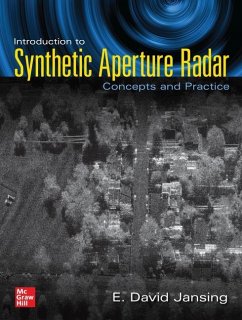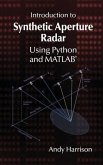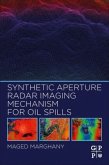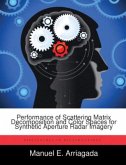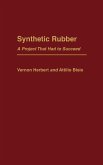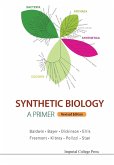Publisher's Note: Products purchased from Third Party sellers are not guaranteed by the publisher for quality, authenticity, or access to any online entitlements included with the product. Master the principles and practices of Synthetic Aperture Radar This comprehensive graduate-level textbook covers the theories and applications of Synthetic Aperture Radar and offers a solid grounding in its techniques and mathematics. Written by a recognized expert in the field, this is a unique resource to meet the growing demand for commercial SAR technologies and course offerings. Introduction to Synthetic Aperture Radar clearly explains the complex task of data collection, image formation, error correction, and image quality techniques, including detailed descriptions of commonly used image formation algorithms, such as Range Doppler Algorithm (RDA) and Polar Formatting Algorithm (PFA). From there, readers will learn the skills needed to handle advanced new applications. Continuous-wave LFM systems, interferometry, polarimetry, and moving objects are all discussed in complete detail. . Taught from a signal processing perspective . Stripmap and spotlight geometries are discussed and described . Quadrature demodulation and dechirp/stretch processing are covered in detail . Written by a signal processing expert and experienced educator

